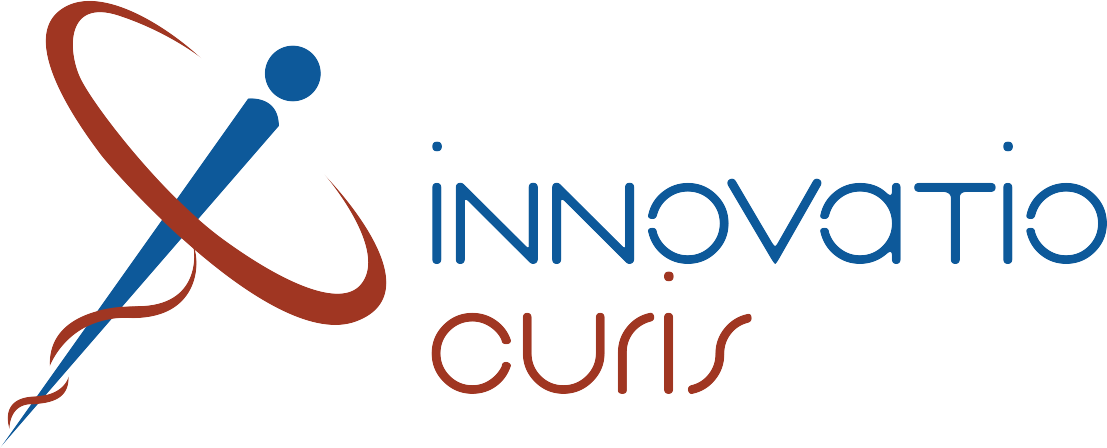It has become evident that cybersecurity is a risk factor in health care data. Data breaches cost the healthcare industry approximately $5.6 billion every year, according to Becker’s Hospital Review.
The healthcare industry has lagged behind other industries in protecting its main stakeholders data (ie, patients data), and now hospitals must invest considerable capital and effort in protecting their systems.
Cybersecurity is one of the biggest threat as well as opportunity in the contemporary world. The ransomware attack crippled NHS and over 100,000 other organizations in 100+ countries. In USA large hospitals have already been asked for millions of dollars in ransom as they had no alternative to protect and recover important patient records.
Compromises have been done from medical devices (like pacemakers) to medical records, from network to Building HVAC. Health sector is increasingly leveraging technology and being connected from remote/home care to running ambulances. Also, governments are waking up to the requirements of mandating ehealth systems, maintaining national registries of various diseases and other policy initiatives. That means the health sector will be more digital and connected in times to come. Hence, the threat of cyber attacks will only increase with time and will put the health sector professionals under immense stress. The need of the hour is to equip oneself with all possible mitigation strategies and as they say, ‘prevention is better than cure’ applies very well for cyber security domain and not just the medical space.
